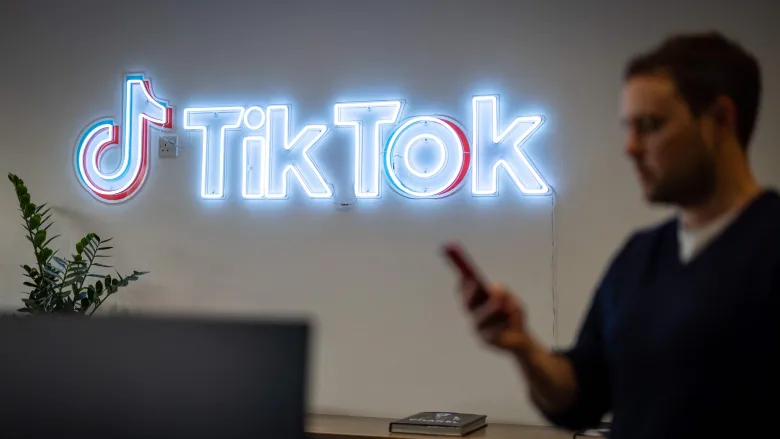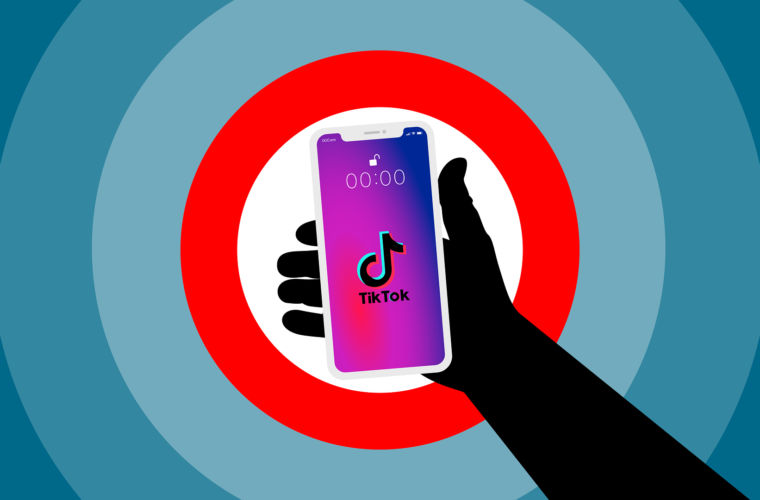TikTok, the short-form video-sharing app, has become one of the world’s most popular social media platforms, boasting over a billion active users. With its unique algorithmic feed and emphasis on creative and engaging content, the app has captured the attention of millions of people, particularly younger generations. However, despite its widespread popularity, TikTok has faced concerns and controversies in various countries, leading to calls for its ban. Governments and organisations have raised issues such as data privacy, content moderation, and national security, fueling the debate around the future of the app. While TikTok continues to operate in many countries, some issues have emerged from U.S. Congress and E.U. Council, raising questions about its impact on its users and the broader social media landscape.
Short background check– What has led to the TikTok ban in the U.S.?
History began with ByteDance, a Chinese tech company which purchased the American app Musical.ly in 2017 and rebranded it as TikTok. During the pandemic, TikTok gained immense popularity and scrutiny from the U.S. government due to its foreign ownership and potential data privacy concerns. The app has faced potential bans by both the Trump and Biden administrations due to fears that the Chinese Communist Party could access user data. Congress later banned TikTok from being accessed on federal government devices and networks in late 2022, and a total of 44 states have taken or considered similar steps.
While some experts dispute these claims, there have been incidents of ByteDance employees performing surveillance where four employees had improperly accessed the information of some Americans’ accounts. Some lawmakers also believe that TikTok is being used as a tool for Chinese espionage, but this part is still left without further investigation for now. Some U.S. states have explicitly removed the app from devices at agencies dealing with government payroll information and other sensitive financial data, though most bans apply statewide.
TikTok is getting banned by the E.U. Council as well
Due to all the controversy in the U.S., on Tuesday, the European Parliament prohibited using TikTok on staff devices due to cybersecurity concerns. The European Commission said last week in a statement that their decision to ban TikTok applies only to devices overseen by the E.U.’s executive branch. As a result, the Chinese video-sharing application is now prohibited in all three of the European Union’s primary institutions.

“In view of cybersecurity concerns, in particular regarding data protection and collection of data by third parties, the European Parliament has decided, in alignment with other institutions, to suspend as from 20 March 2023, the use of the TikTok mobile application on corporate devices… This measure aims to protect the Commission against cybersecurity threats and actions which may be exploited for cyber-attacks against the corporate environment of the Commission,” it said in a statement.
Further on, a spokesperson for the European Council explained further details about the ban: “It will be uninstalling the application on corporate devices and requesting staff to uninstall it from personal mobile devices that have access to corporate services”
TikTok’s response after all these actions
TikTok has expressed disappointment over the bans and is actively trying to persuade government officials to reconsider their decisions. In response to the U.S. bans, a TikTok spokesperson named Jamal Brown stated that such policies would not improve cybersecurity and are based on false claims about the app. TikTok has opened a transparency centre at its Los Angeles headquarters to address U.S. security concerns and is working with Oracle Corp. to store U.S. user data.
Additionally, regular third-party audits and reviews will ensure compliance. As more bills to ban TikTok are being proposed, parent company ByteDance has increased its lobbying efforts, spending $5.3 million in 2022 to lobby the federal government, according to OpenSecrets. The company is also increasing its lobbying presence in some states. TikTok has spent at least $259,000 on lobbying in California in the past two years and at least $147,000 in New York over the same period, according to state records.
“These bans are based on basic misinformation about our company, and we are readily available to meet with officials to set the record straight about our ownership structure and our commitment to privacy and data security. We share a common goal with governments that are concerned about user privacy, but these bans are misguided and do nothing to further privacy or security,” a spokesperson said in a statement.
Meanwhile, regarding the E.U. ban, on Wednesday, TikTok said it would begin storing European user data locally this year, with migration continuing into 2024. They have announced a new data security regime, nicknamed “Project Clover”, amid growing pressure from lawmakers on both sides of the Atlantic.
To improve compliance, the company has announced plans to open two new data centres in Ireland and the Hamar region of Norway. These data centres will be managed by a third-party provider, whose identity has not been disclosed. According to Theo Bertram, VP of government relations and public policy, the company is committed to collaborating with authorities to identify and address any concerns related to its operations. The company plans to limit data transfers outside of the region to enhance data privacy and restrict employee access to user data.
“Our approach is very much open to governments, regulators, and experts to give us their counsel and advice on how we can do this even more effectively.” – said Theo Bertram in a statement.



